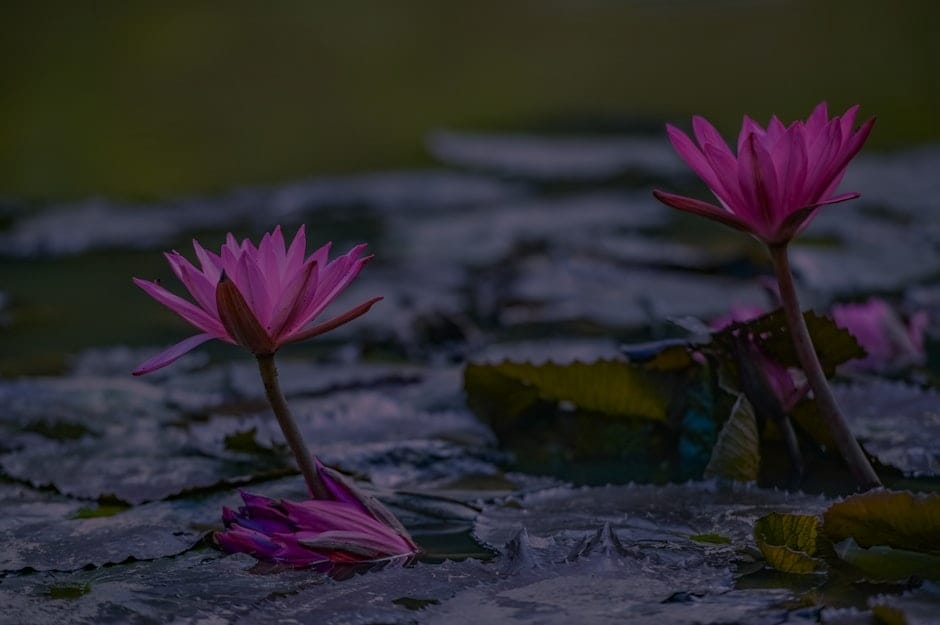**Creating a Harmonious Outdoor Space: Feng Shui Ornaments for Gardens**
**Abstract:** Discover how to transform your garden into a serene sanctuary using Feng Shui ornaments. Learn practical tips and insights to create balance and harmony in your outdoor space.
Understanding Feng Shui in Outdoor Spaces
Feng Shui, the ancient Chinese art of placement, emphasizes the importance of energy flow, or “chi,” in our surroundings. When applied to gardens, Feng Shui principles can create a peaceful retreat that enhances well-being. The orientation of plants, water features, and decorative elements can significantly influence the energy in your outdoor space. To foster a harmonious environment, it’s essential to understand how these elements interact and complement one another.
Key Elements of Feng Shui Ornaments
Feng Shui ornaments are not just decorative; they serve specific purposes in enhancing the energy of your garden. Common items include wind chimes, garden statues, and water features. Each element plays a role in attracting positive energy and dispelling negativity. For instance, wind chimes create soothing sounds that promote tranquility, while water features symbolize abundance and prosperity. Selecting the right ornaments can elevate your garden’s vibrational frequency, making it a more inviting space.
Placement Strategies for Optimal Energy Flow
The placement of Feng Shui ornaments is crucial for maximizing their benefits. For example, placing a water fountain in the northern section of your garden can enhance career opportunities, while colorful flowers in the east can promote health and vitality. It’s essential to consider the bagua map, a tool used in Feng Shui to assess the energy dynamics of a space. By strategically positioning ornaments according to this map, you can create a balanced and harmonious environment that supports your goals and aspirations.
Incorporating Natural Elements
Integrating natural elements into your garden design is vital for achieving Feng Shui harmony. Plants, stones, and wood can enhance the garden’s energy, grounding the space and connecting it with nature. Choose plants with rounded leaves, as they symbolize growth and prosperity. Incorporating natural stones can create stability and strength, while wooden features bring warmth and vitality. Balancing these elements with your chosen ornaments will help cultivate a serene and inviting atmosphere.
Enhancing the Five Elements
Feng Shui is rooted in the concept of five elements: wood, fire, earth, metal, and water. Incorporating these elements into your garden can enhance its energy. For instance, using wooden ornaments or structures introduces the wood element, while colorful flowers add the fire element. Earth can be represented by rocks and soil, metal by decorative sculptures, and water by fountains or ponds. Striving for a balance among these elements will create a harmonious outdoor space that resonates with peace and tranquility.
Creating a Personal Sanctuary
Ultimately, your garden should reflect your personal style and intentions. Use Feng Shui ornaments that resonate with you and your aspirations. Whether it’s a serene Buddha statue, a vibrant birdbath, or a set of wind chimes, choose items that evoke positive emotions and inspire you. Remember, the goal is to create a sanctuary where you can relax, reflect, and rejuvenate. Tailoring your garden with meaningful ornaments will enhance your connection to the space, making it a true extension of yourself.
Conclusion: Your Journey to Harmony
Creating a harmonious outdoor space with Feng Shui ornaments is a rewarding journey that requires intention and creativity. By understanding the principles of Feng Shui, selecting the right ornaments, and strategically placing them, you can transform your garden into a sanctuary of peace and balance. Embrace the process, and watch as your outdoor space flourishes with positive energy, offering you a serene escape from the chaos of everyday life.










